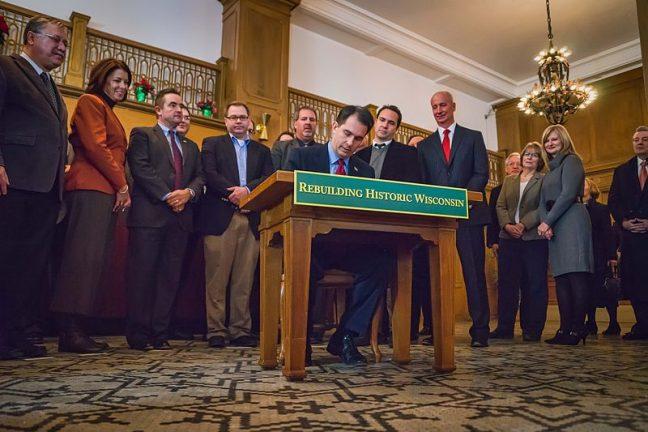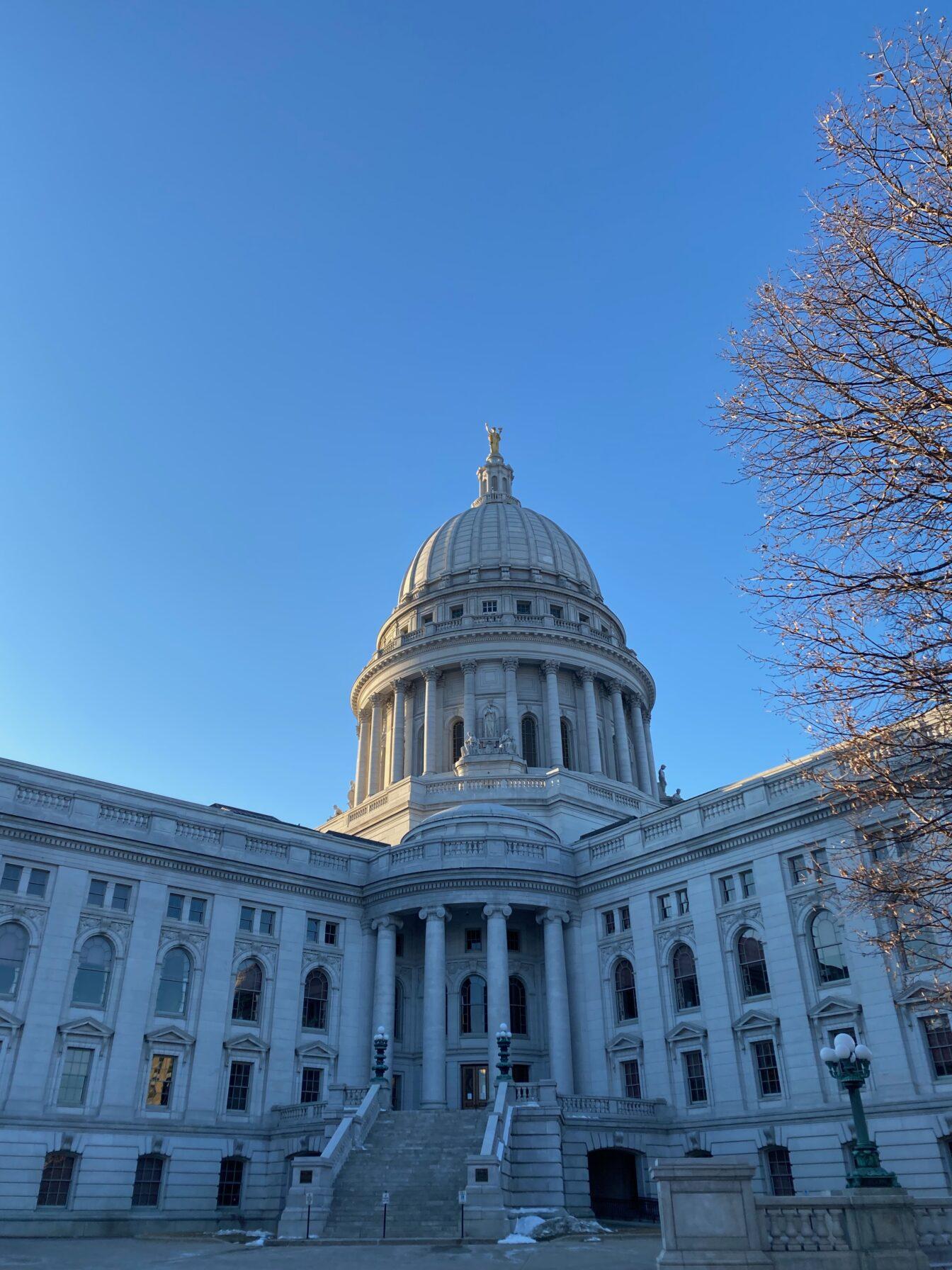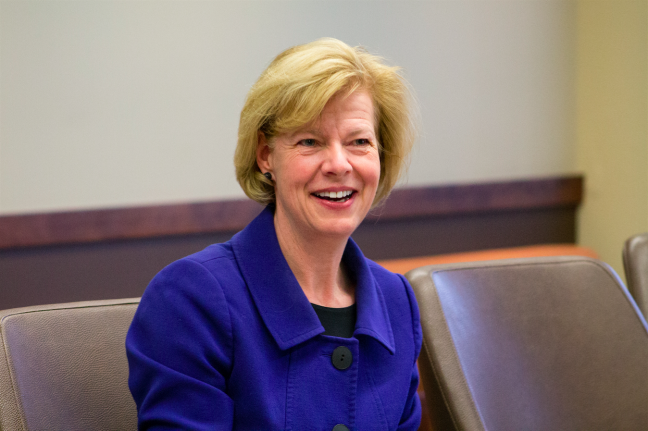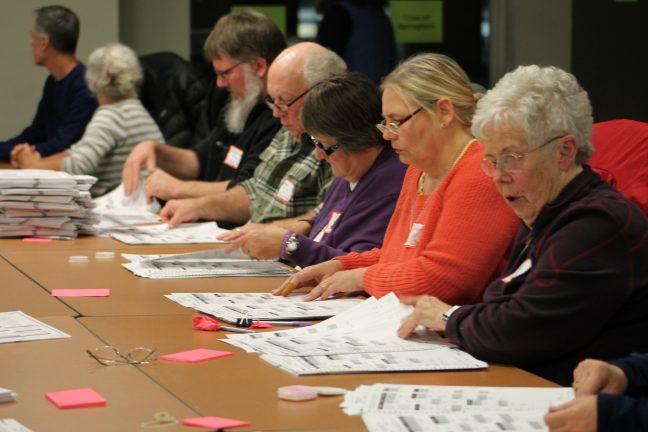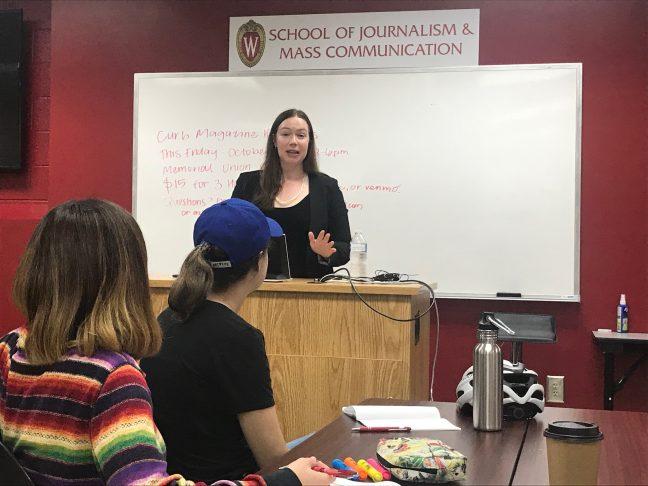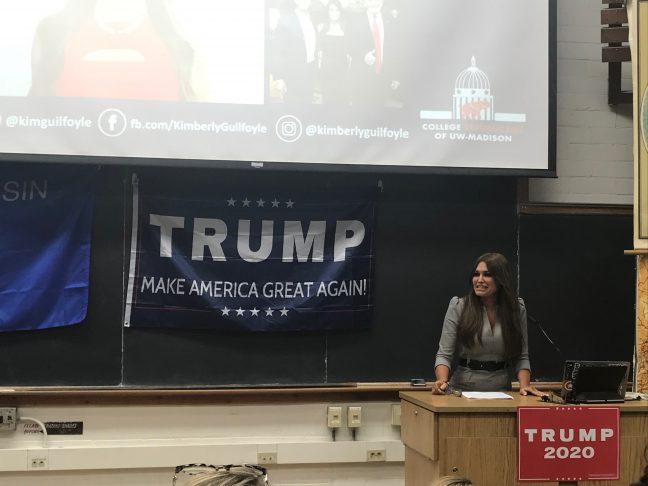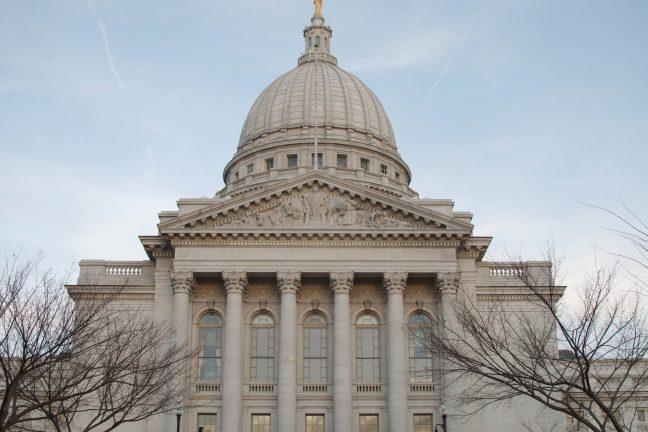A recent analysis of records and interviews showed bills began moving faster through the Wisconsin legislature after Gov. Scott Walker and other Republican legislators took office in 2011.
Teodor Teofilov, a graduate student in University of Wisconsin’s School of Journalism and Mass Communication, conducted the study in conjunction with the Wisconsin Center for Investigative Journalism as part of a 400-level journalism course. Dee J. Hall, co-founder and managing editor of the WCIJ, taught the course and aided Teofilov in his reporting.
“[We were] trying to figure out a way to quantify some trends I had noticed as a legislative reporter. I wanted to figure out, ‘well is this a trend, or are these anomalies?’” Hall said. “What we found was it was, in fact, a trend that was most accelerated right after Walker took office, and has backed off since then.”
According to the findings, the largest increase in speed occurred during Walker’s first term, as Hall said when average bill deliberation — the time between introduction and Walker’s signature — decreased by 40 days when compared to the 2009-10 session under Democratic Gov. Jim Doyle.
GOP lawmakers fast-track legislation to alter election financing
Between 1997 and 2010, the percentage of quickly-passed bills averaged 10.52 percent, according to the analysis. However, after Walker’s first term, where 25.87 percent of bills were “fast-tracked,” as the study said, speedy legislation in the 2013-14 term fell back down to 10 percent, and in the 2015-16 term to 10.97 percent.
“You want your government to be working fast and efficiently, but it comes to the point where it might be too fast and something might be wrong,” Teofilov said.
University of Wisconsin political science professor David Canon took issue with the WCIJ article’s usage of “fast-track,” since its technical definition differs from its meaning in this study, he said. In national politics, fast-tracked bills refer to a specific type of legislation given an expedited pass, whereas the WCIJ analysis uses it to refer to legislation that simply moves quickly, Canon said.
Though the proportion of speedy bills dropped closer to the previous average following Walker’s first term, several pieces of legislation passed quickly in 2011 amassed attention for backlash received from the public. According to the analysis, Act 43, the 2011 redistricting plan, passed in 29 days, while the Wisconsin Budget Repair Bill passed in only 24 and drew a crowd of 100,000 protestors to the Capitol.
Despite fewer bills being passed with shorter deliberation after the 2011-12 term, the study found that some major pieces of legislation were still moving quickly in more recent years. In 2015, the Right to Work Law passed in just 14 days, while the 2017 vote authorizing $3.2 billion in state taxpayer subsidy to Foxconn Technology Group took 48 days — which Teofilov used as the benchmark for determining legislation speed.
In an email to The Badger Herald, State Minority Leader Gordon Hintz, D-Oshkosh, expressed concern for bills like these that may move too quickly.
“The legislature must be accountable to the people of Wisconsin,” Hintz said. “When bills are rushed through the legislative process without time for the public to weigh in, we do a disservice to our constituency, the legislative process, [sic] and our democracy.”
Hintz was not alone in his assessment. In the WCIJ article, State Sen. Kathleen Vinehout, D-Alma, also criticized the speed at which some bills have been passed, stating legislation that moves too quickly and without ample public exposure is almost always bad for democracy.
Senate committee approves right to work bill as 2,000 protest at Capitol
In the same article, Assembly Speaker Robin Vos, R-Rochester, denounced the analysis’ findings and credibility, claiming it was politically-motivated and superficial and did not demonstrate a thorough comprehension of the intricacies of the legislative process.
Vos did not reply to three requests for comment.
Teofilov and Hall rejected the idea of political motivation, with Hall emphasizing that the technique of fast-moving legislation can occur when either party has control of the governorship and both chambers, referencing a brief period of Democratic control in 2009 when a controversial smoking ban was passed.
Teofilov further explained he began his research without looking for a certain outcome or knowing what the findings would indicate. Instead, he conducted the study to find an answer to a question that had been mostly unexplored until that point.
“People always felt that bills were passing fast, but there wasn’t anything concrete,” Teofilov said. “The main thing I was trying to convey in my story was just to show the facts. When I started doing this I didn’t actually know that the data would show me anything, it could’ve been erratic data, or it could’ve been a flatline.”
The study did not take into account whether the government was divided or united during a given term, the significance of the bill or several other contributing factors, which drew some criticism not only from Vos but Canon as well.
Canon suggested incorporating the partisanship of a given bill, its vote count and whether one party had control of all three parts of state government. By incorporating these factors, the study would have been able to compare apples to apples and oranges to oranges, Canon said.
Regardless of any flaws, Canon still believes the analysis has value.
“I think that this is a really good first cut at a very important topic,” Canon said. “They may be onto something here…that there is less time being spent on important bills, but what does that show about the larger legislative process?”








